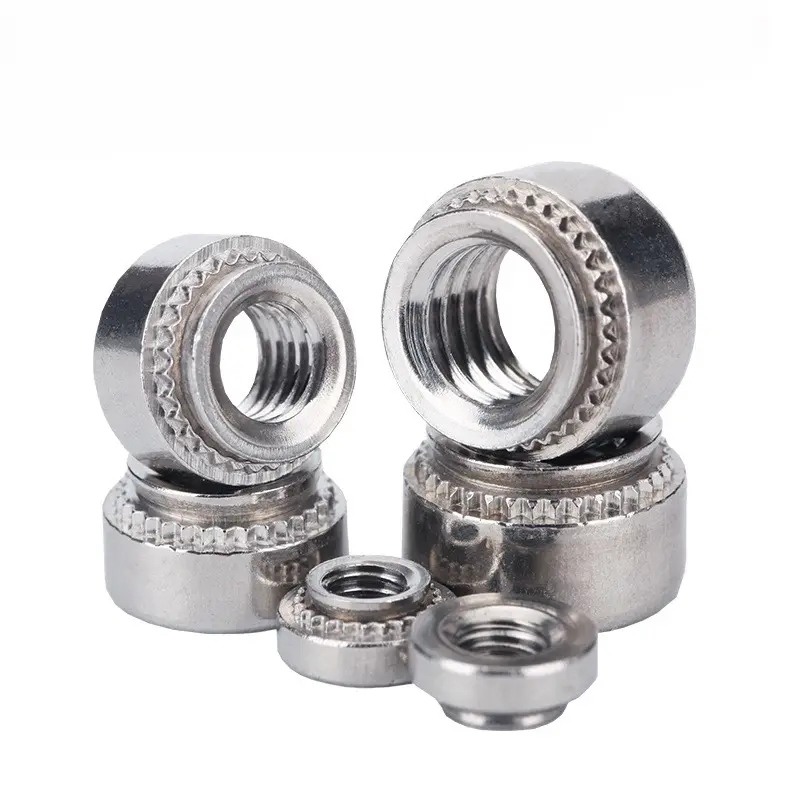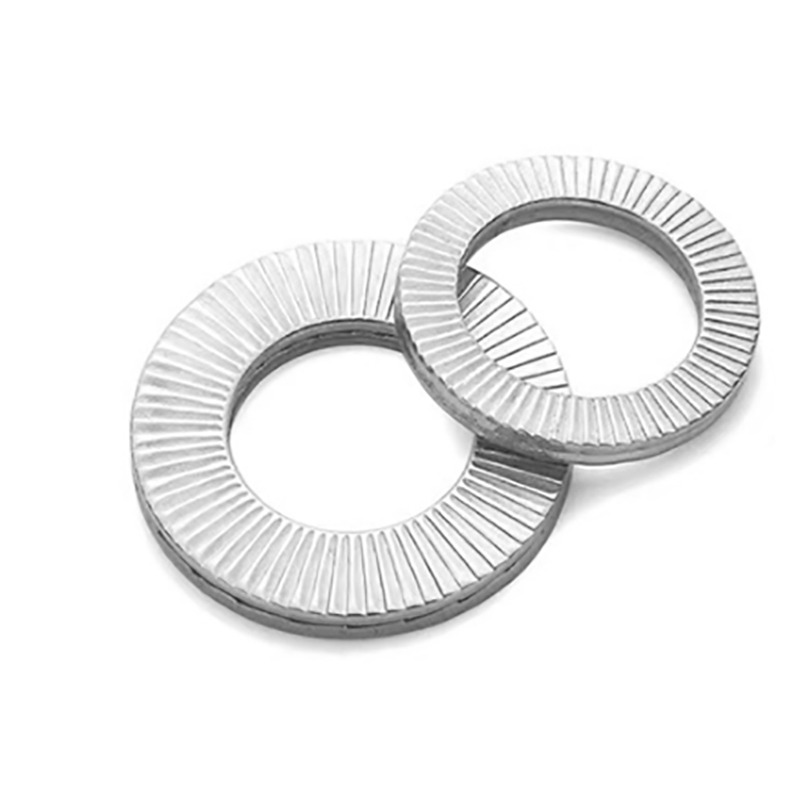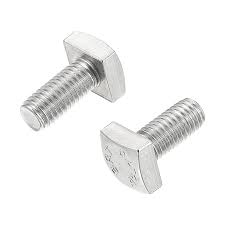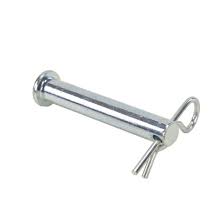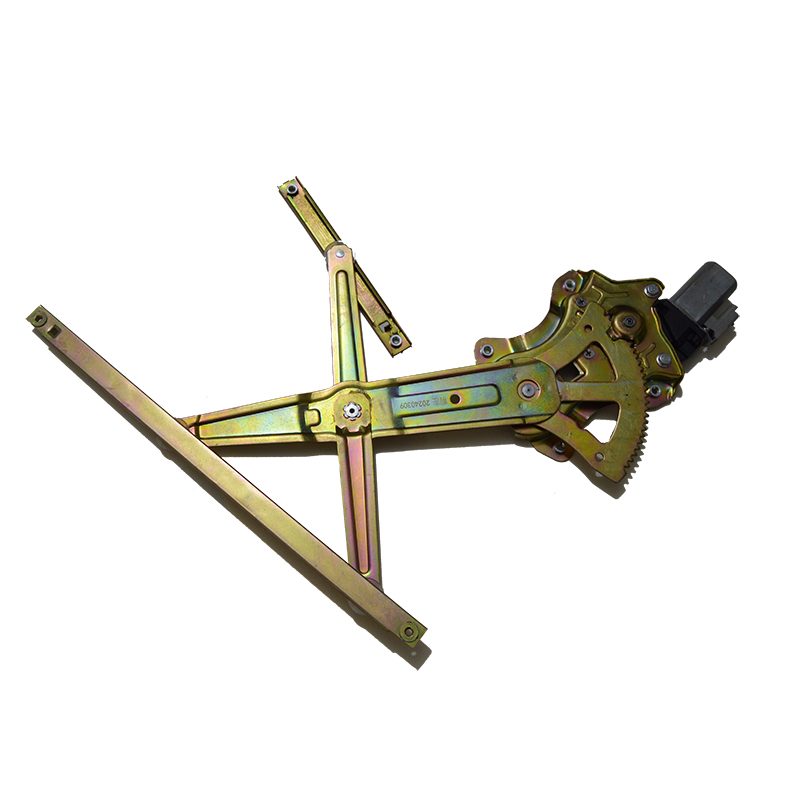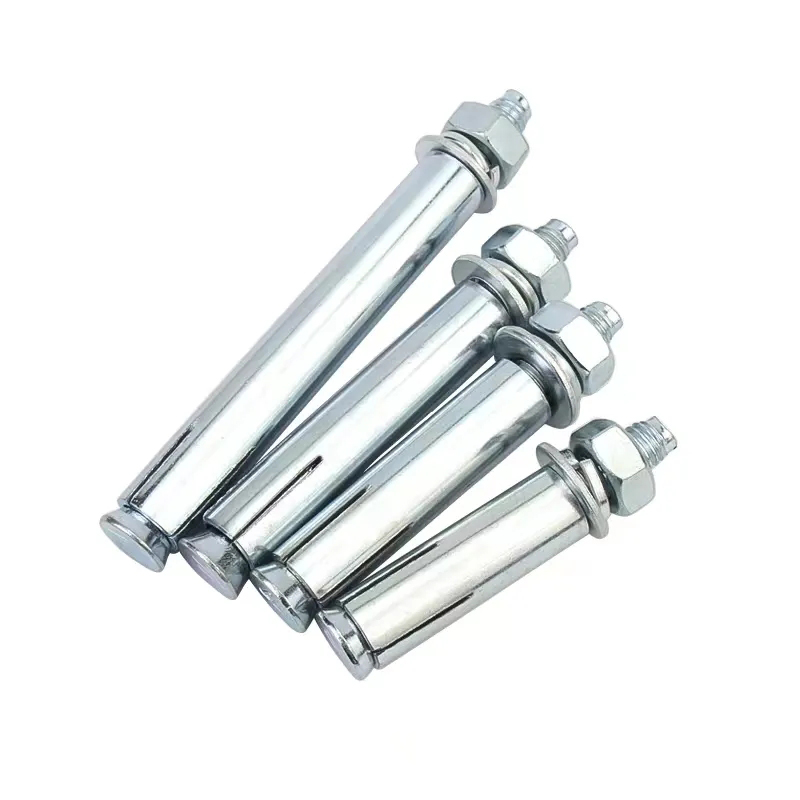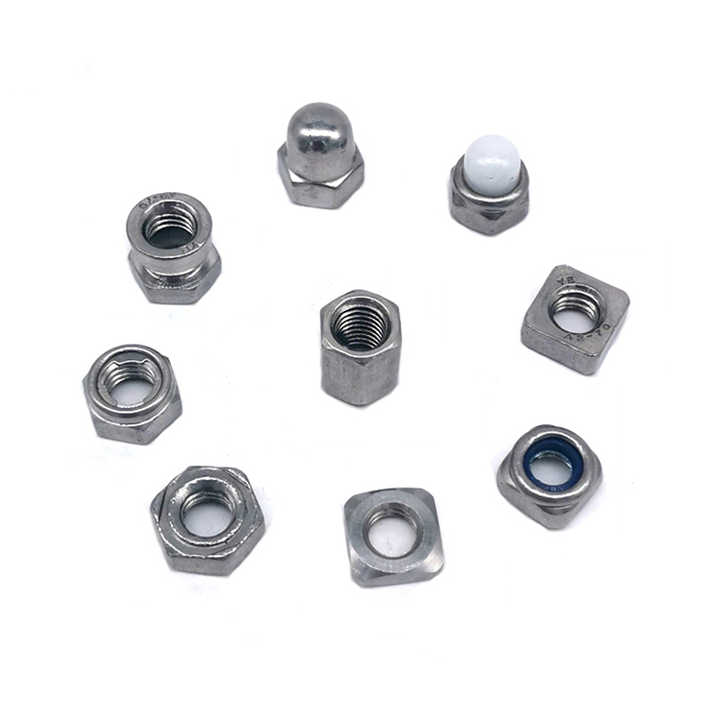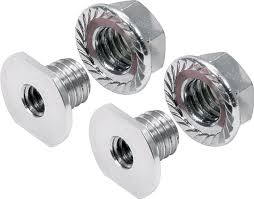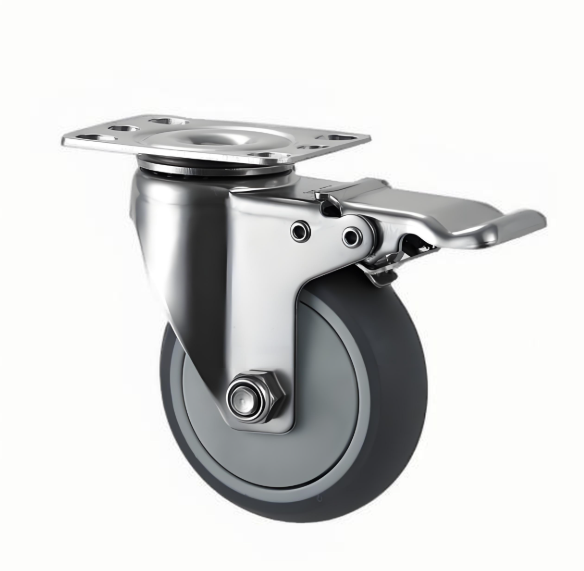

This comprehensive guide explores everything you need to know about M8 flange nuts, covering their specifications, applications, materials, and selection criteria. We'll delve into the crucial factors to consider when choosing the right M8 flange nut for your specific needs, ensuring a secure and reliable fastening solution.
An M8 flange nut is a type of fastening nut with a wide flange or shoulder beneath the threaded portion. This flange provides a larger bearing surface, enhancing stability and preventing the nut from pulling through thinner materials. The M8 designation indicates the metric thread size, specifically 8 millimeters in diameter. These nuts are incredibly versatile and find application in numerous industries and applications. They offer significant advantages over standard nuts, particularly in situations where a larger load-bearing surface is essential for secure fastening.
The primary specification of an M8 flange nut is its thread size (M8), along with the thread pitch. The thread pitch dictates the spacing between individual threads, influencing the strength and clamping force. Understanding the correct pitch is crucial for selecting compatible bolts. While the diameter is standardized, slight variations in pitch can exist depending on the manufacturing standards and applications.
The flange diameter and thickness significantly impact the nut's load-bearing capacity and overall performance. A larger diameter provides a greater bearing surface, distributing the load more effectively and preventing damage to the underlying material. The flange thickness contributes to the nut's overall strength and resistance to deformation under load.
M8 flange nuts are available in various materials, each offering unique properties: Steel (including stainless steel), brass, and nylon are common choices. Steel offers high strength and durability, while stainless steel adds corrosion resistance. Brass provides good electrical conductivity, and nylon is preferred in applications requiring electrical insulation. The choice of material is determined by the specific environmental conditions and the required mechanical properties.
M8 flange nuts are used extensively in diverse applications, including:
When selecting an M8 flange nut, consider these factors:
| Material | Tensile Strength (MPa) | Corrosion Resistance | Applications |
|---|---|---|---|
| Steel | High | Moderate | General purpose, high-strength applications |
| Stainless Steel | High | Excellent | Outdoor, corrosive environments |
| Brass | Moderate | Good | Electrical applications |
| Nylon | Low | Good | Non-conductive applications |
For a wide selection of high-quality M8 flange nuts, visit Hebei Dewell Metal Products Co., LTD. They offer a comprehensive range of fasteners to meet diverse needs.
Remember to always consult relevant industry standards and safety regulations when working with fasteners.

